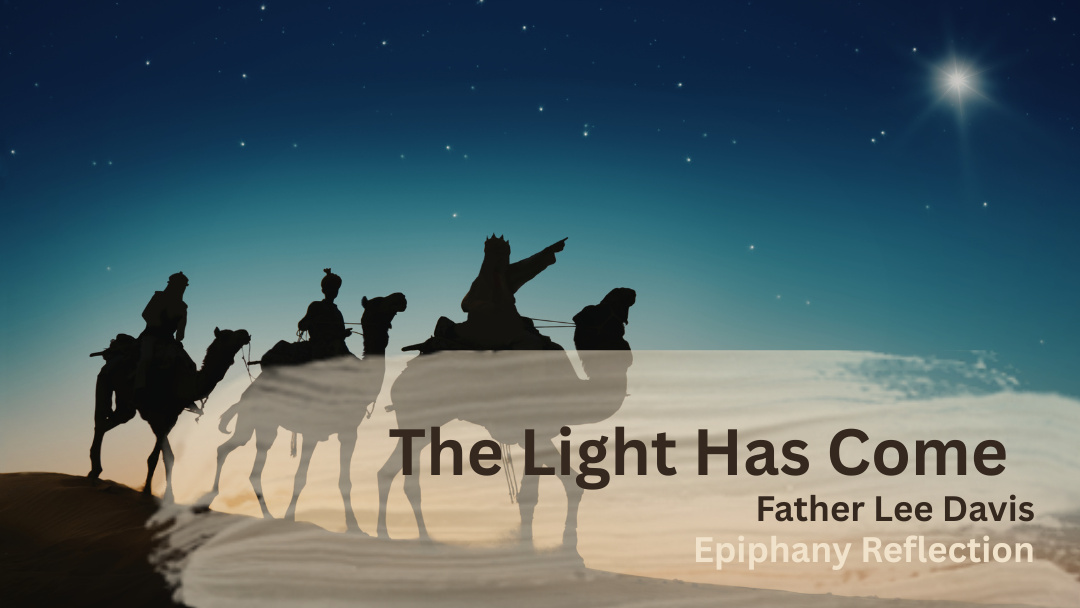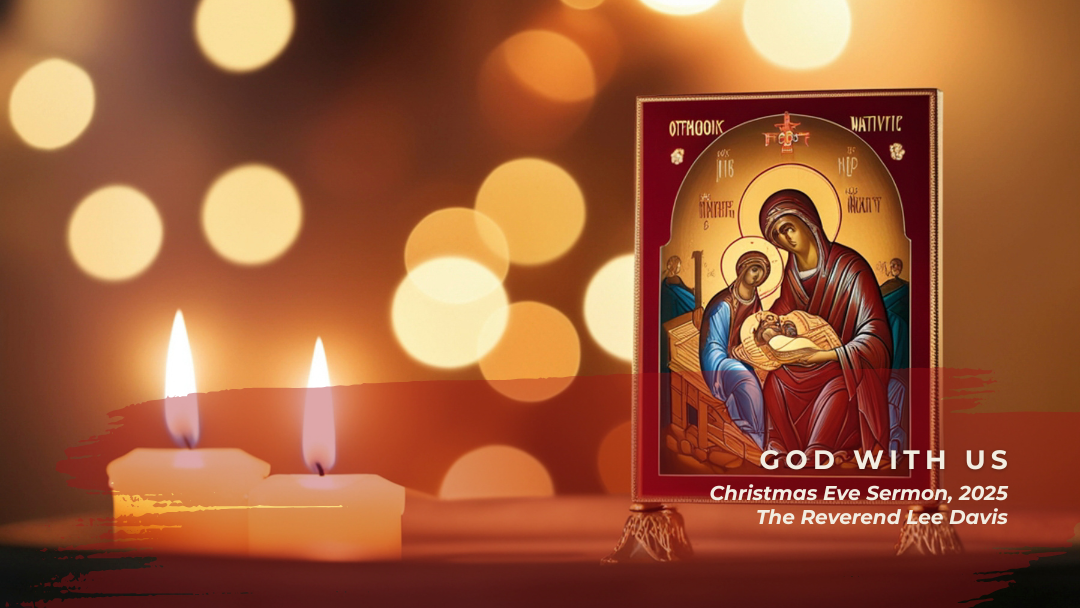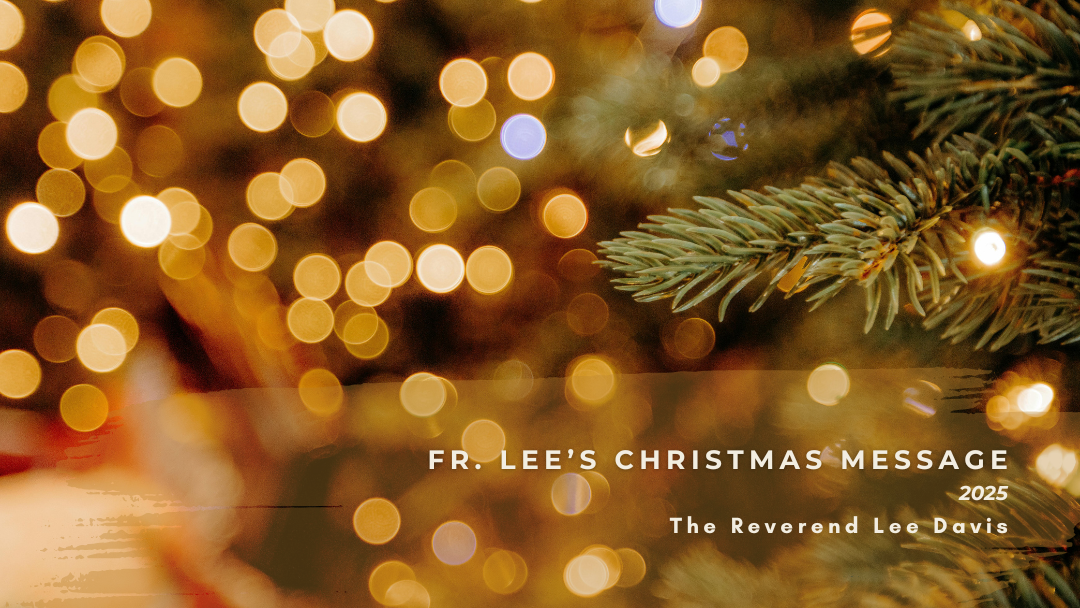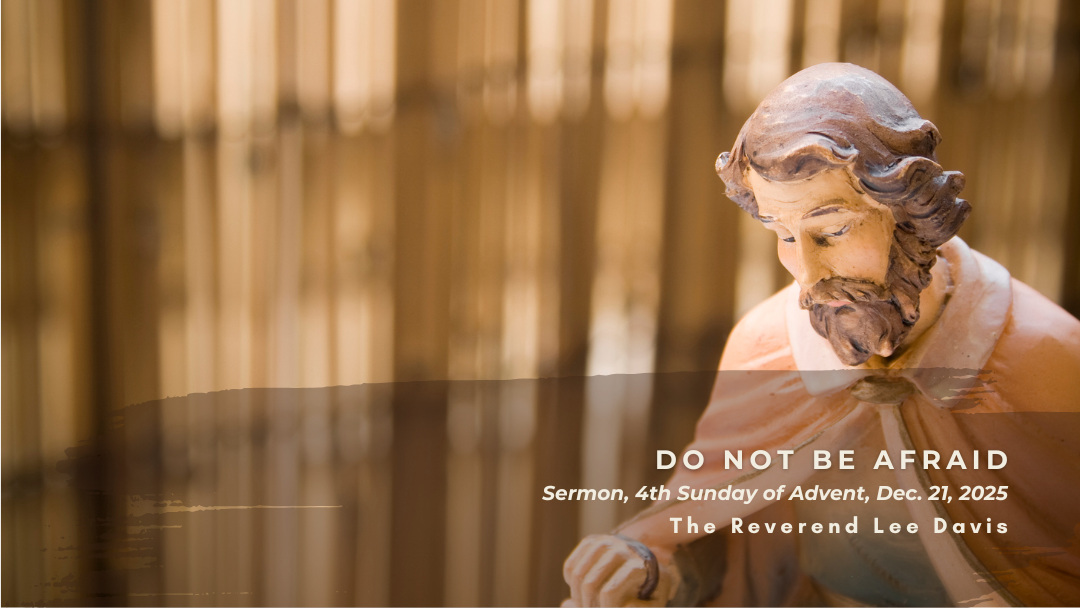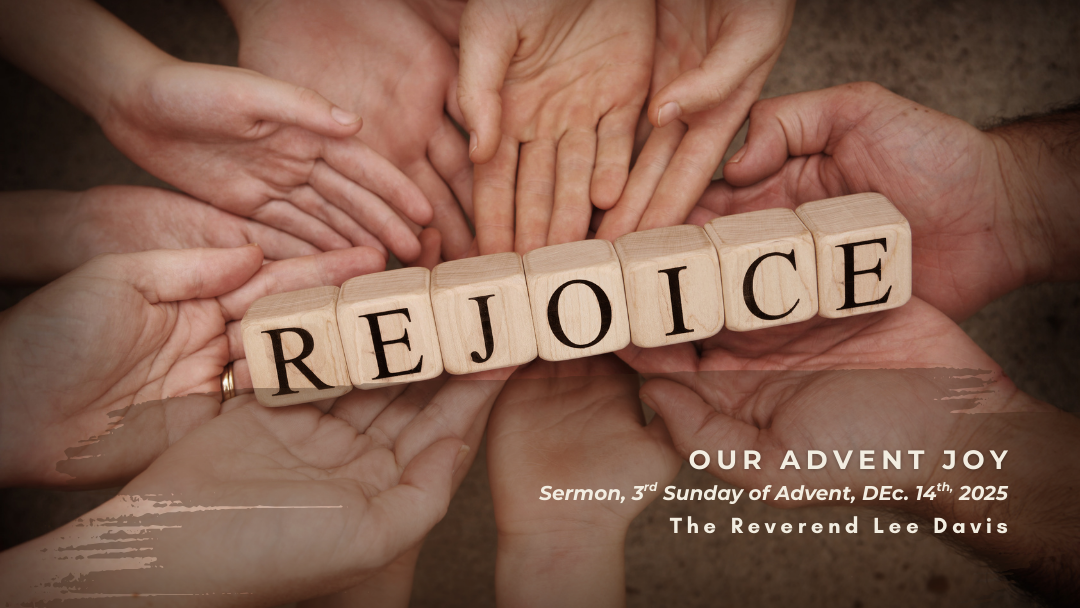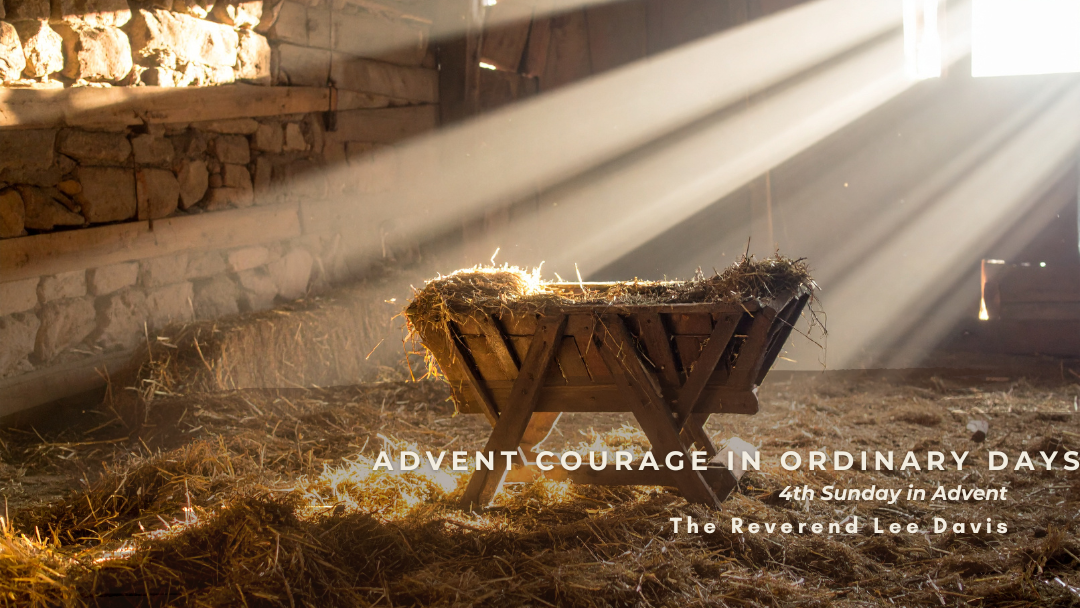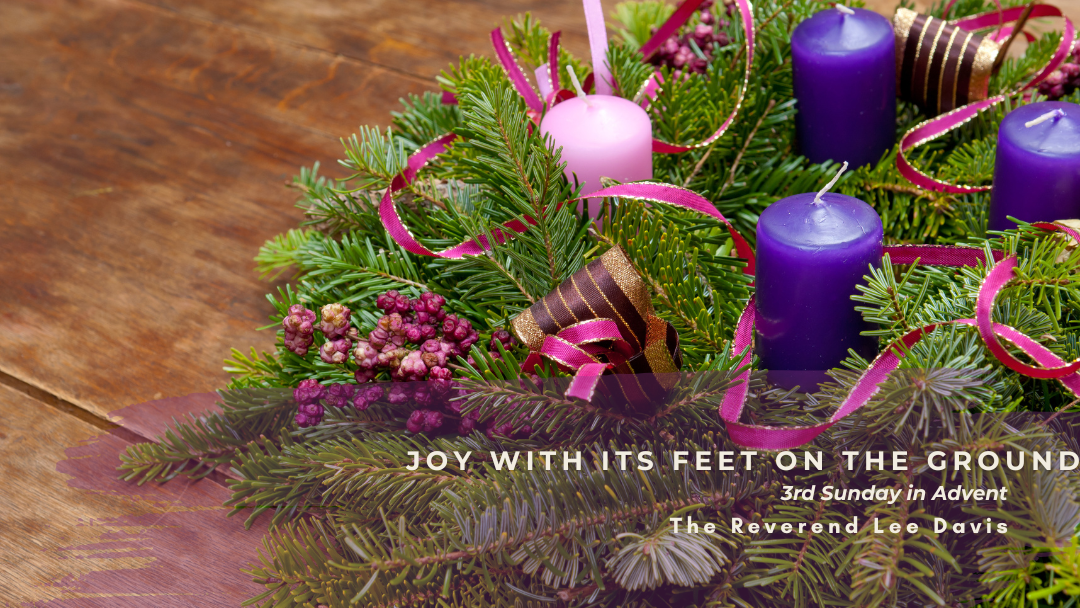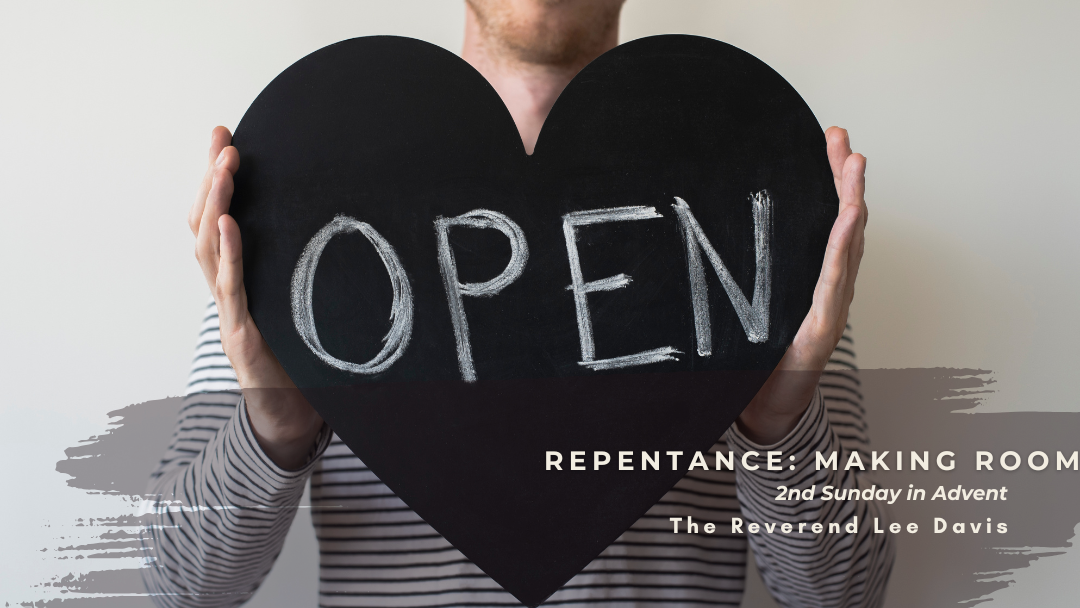It's About Living the Gospel
Why we honor Pride Month
Each June, rainbows line the streets, parades fill city blocks, and countless people celebrate Pride Month—a time dedicated to affirming the dignity, beauty, and rights of LGBTQ+ people. For many, Pride is a celebration of identity and liberation. For others, especially those who’ve experienced rejection from faith communities, Pride is a protest, a plea for visibility, and a reminder that love should never come with conditions.
As Christians, and especially as members of The Episcopal Church, we are called to bear witness to the transformative love of Jesus Christ. That means standing alongside those who have been marginalized, harmed, or silenced—including LGBTQ+ individuals—offering not just welcome, but affirmation, advocacy, and love. Honoring Pride Month is not about politics or cultural trends—it is about living out the Gospel.
A History of Courage and Inclusion
The Episcopal Church has a long, complex, and ultimately courageous history when it comes to LGBTQ+ inclusion. While not without struggle or setbacks, we have taken meaningful steps that reflect our growing understanding of God’s boundless love.
In 1976—nearly 50 years ago—the General Convention of The Episcopal Church declared that “homosexual persons are children of God who have a full and equal claim with all other persons upon the love, acceptance, and pastoral concern and care of the Church.” This was a groundbreaking statement at the time, a bold move toward dignity and equality.
Since then, the Church has continued its journey:
- In 2003, The Episcopal Church consecrated the Rt. Rev. Gene Robinson as Bishop of New Hampshire, the first openly gay bishop in the Anglican Communion. This milestone was met with both celebration and controversy, but it marked a decisive turn toward inclusion.
- In 2009, the Church affirmed that “God has called and may call” LGBTQ+ individuals to any ordained ministry in the Church.
- By 2015, the General Convention voted to allow same-sex couples to be married in Episcopal churches, recognizing their unions as sacramental and holy.
- Today, we have openly LGBTQ+ bishops, priests, and lay leaders across the Church, and many dioceses actively participate in Pride events, host educational forums, and advocate for LGBTQ+ rights.
This history is not perfect. We have made mistakes. But we have also listened, repented, and grown. Honoring Pride Month is a way to remember that history, recommit to justice, and walk forward together in love.
Why It Matters
So why should the Church honor Pride Month?
1. Because LGBTQ+ people are beloved children of God.
This isn’t an abstract theological point—it’s a truth that demands action. Honoring Pride reminds LGBTQ+ people that they are seen, loved, and made in the image of God.
2. Because the Church has historically caused harm.
We must be honest about the Church’s complicity in promoting shame, fear, and exclusion. Pride Month gives us an opportunity to repent, make amends, and work for healing.
3. Because silence is complicity.
To say nothing is to say something. The Church must speak clearly and compassionately in the face of ongoing discrimination, both in society and within religious institutions.
4. Because love is louder than fear.
The message of Jesus is one of radical love. When the Church shows up at Pride, opens its doors to LGBTQ+ people, and proclaims the Gospel of liberation, we embody Christ’s inclusive love.
A Living Witness
Honoring Pride Month isn’t about following cultural trends—it’s about living our baptismal vows. We promise to “seek and serve Christ in all persons, loving our neighbor as ourselves,” and to “strive for justice and peace among all people, and respect the dignity of every human being.”
That includes LGBTQ+ people. That includes their families. That includes those who have been told, falsely, that God’s love has limits.
As The Episcopal Church continues to grow in grace, we honor Pride Month not just with banners or services, but with an ongoing commitment to be a Church where every person can thrive—beloved, affirmed, and free.
Let us be that Church. This June, and every month.




